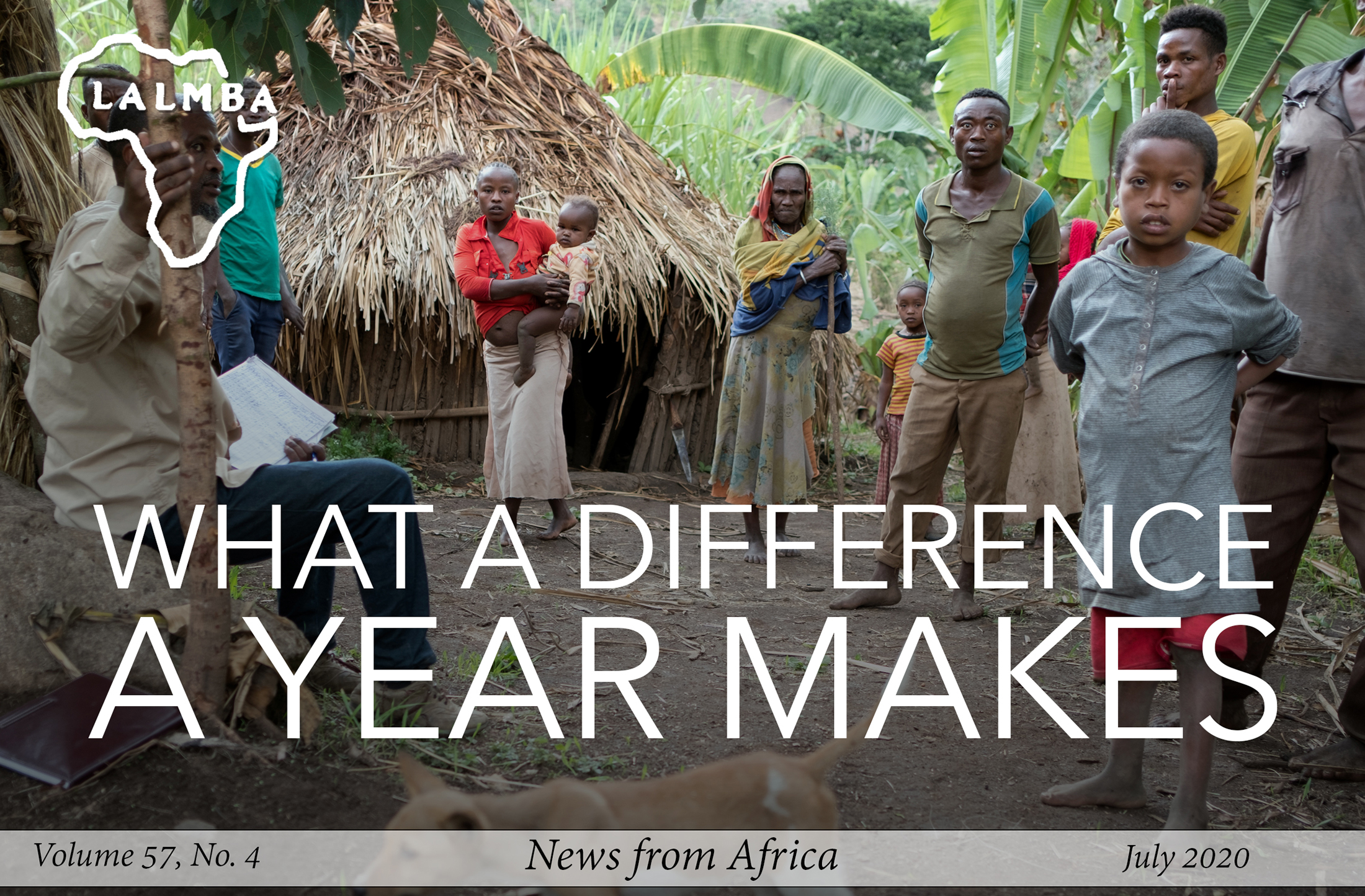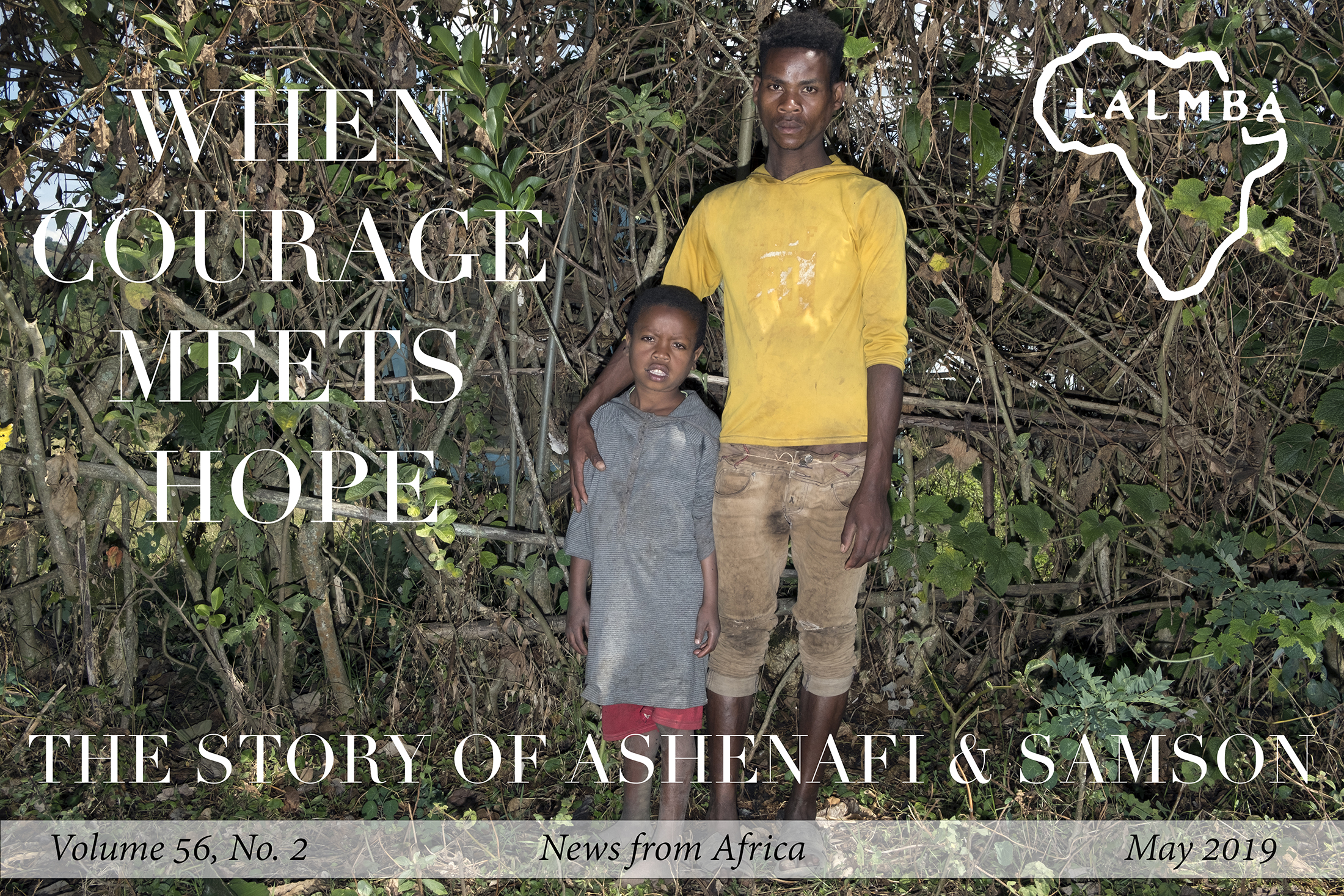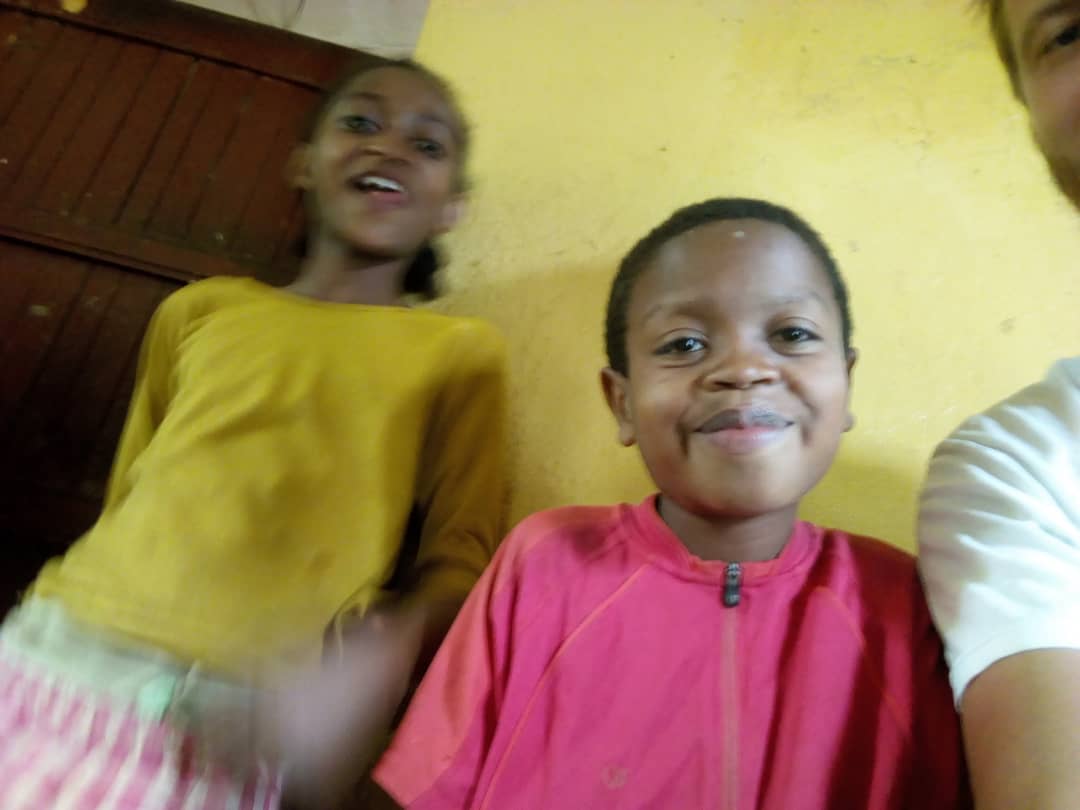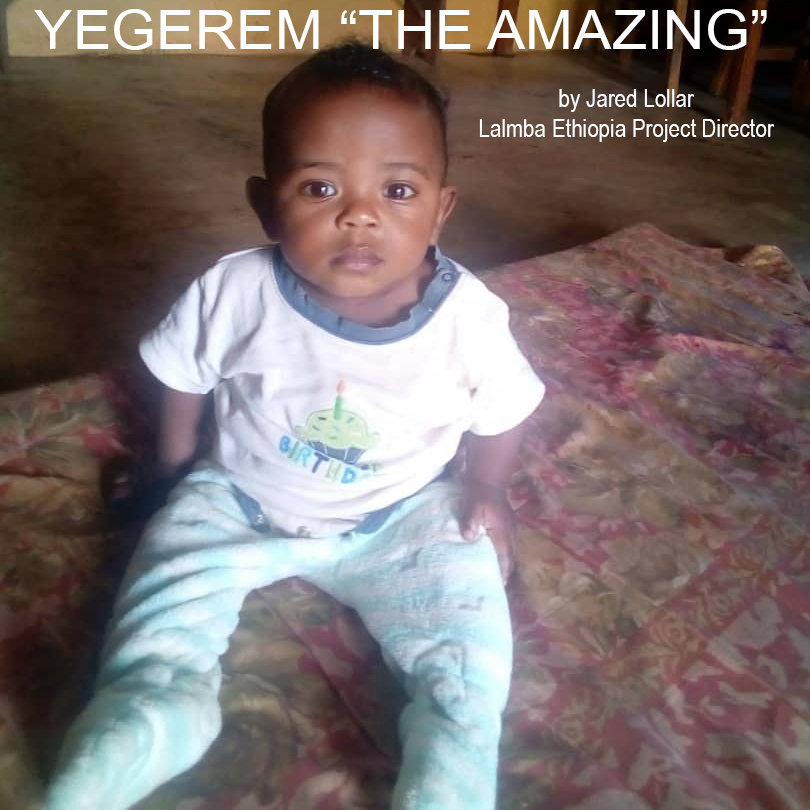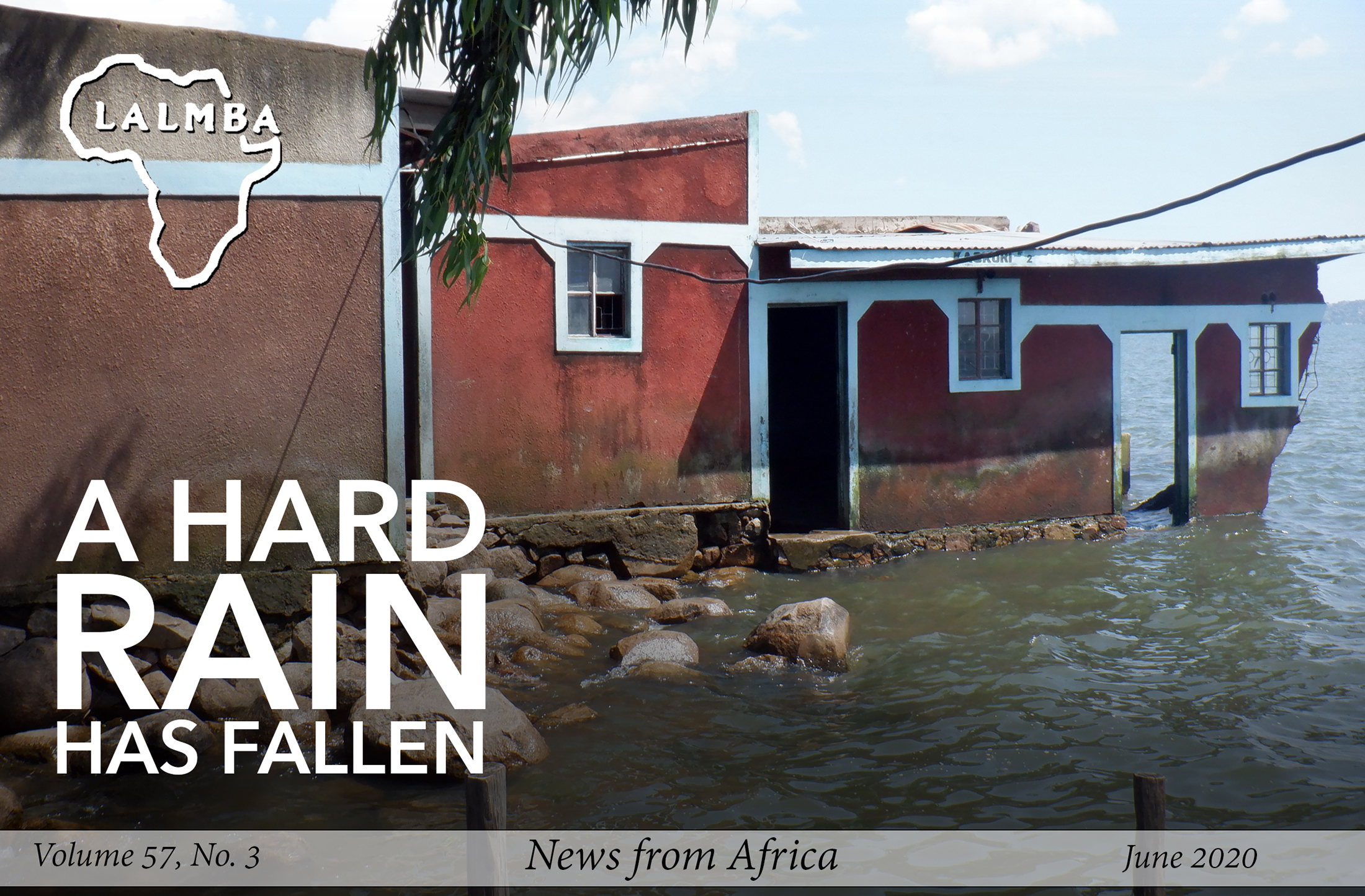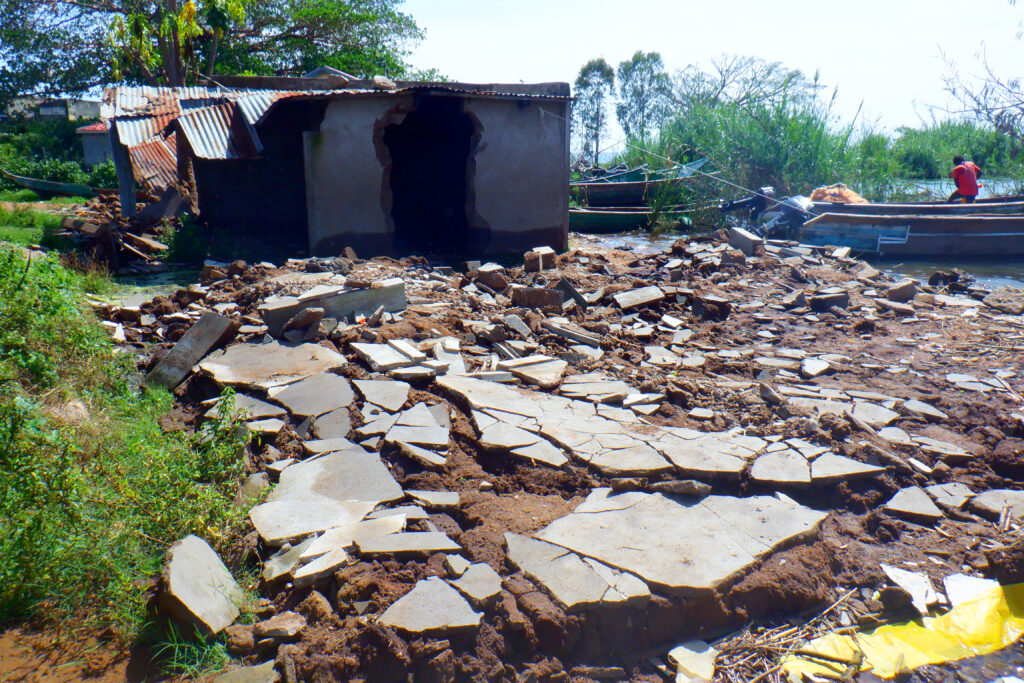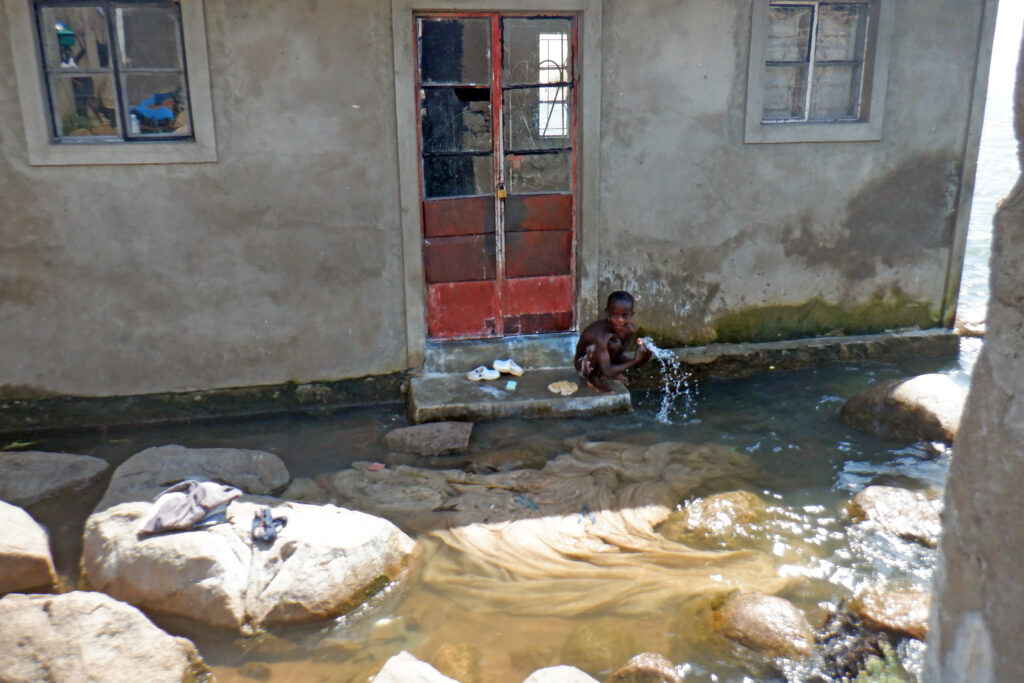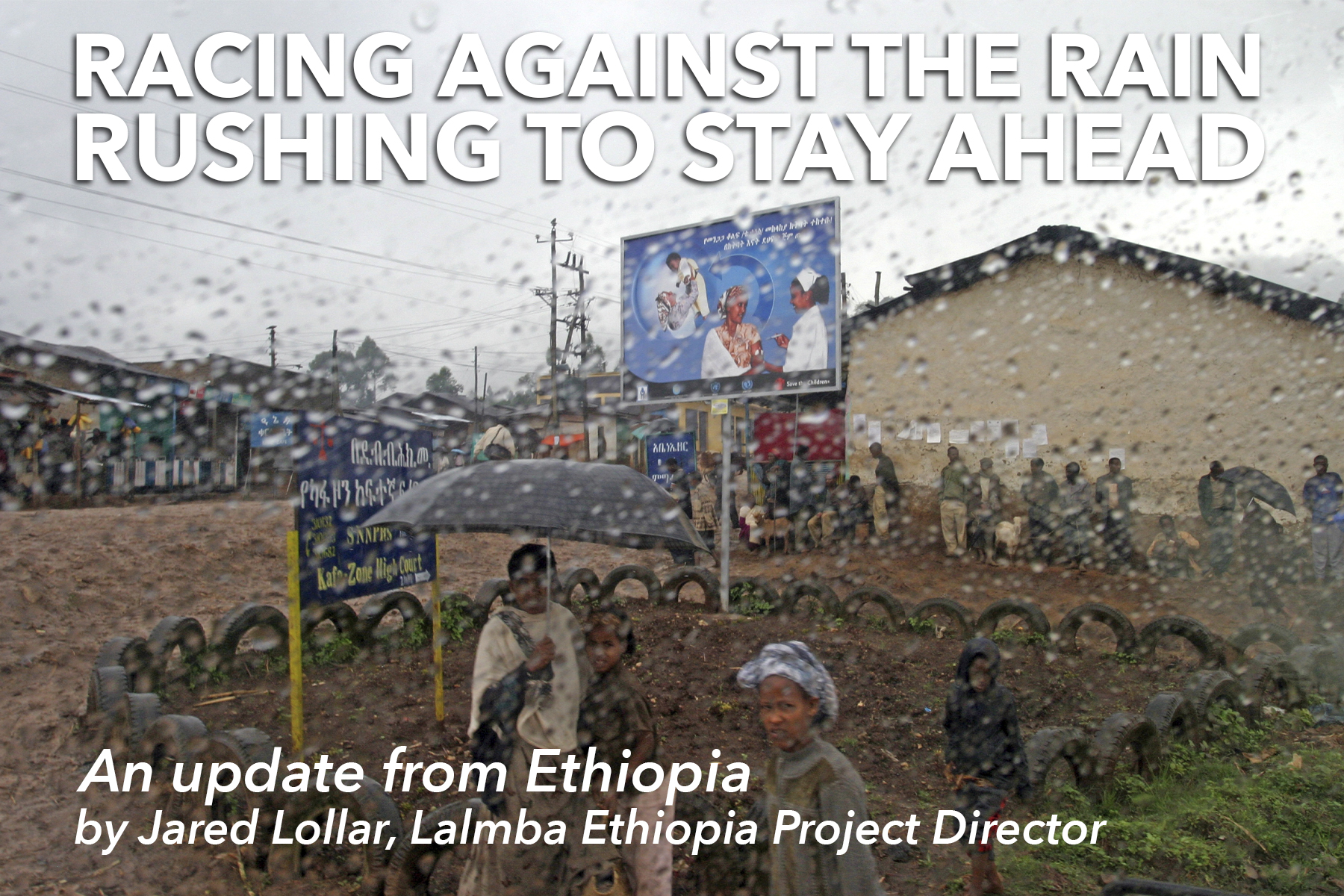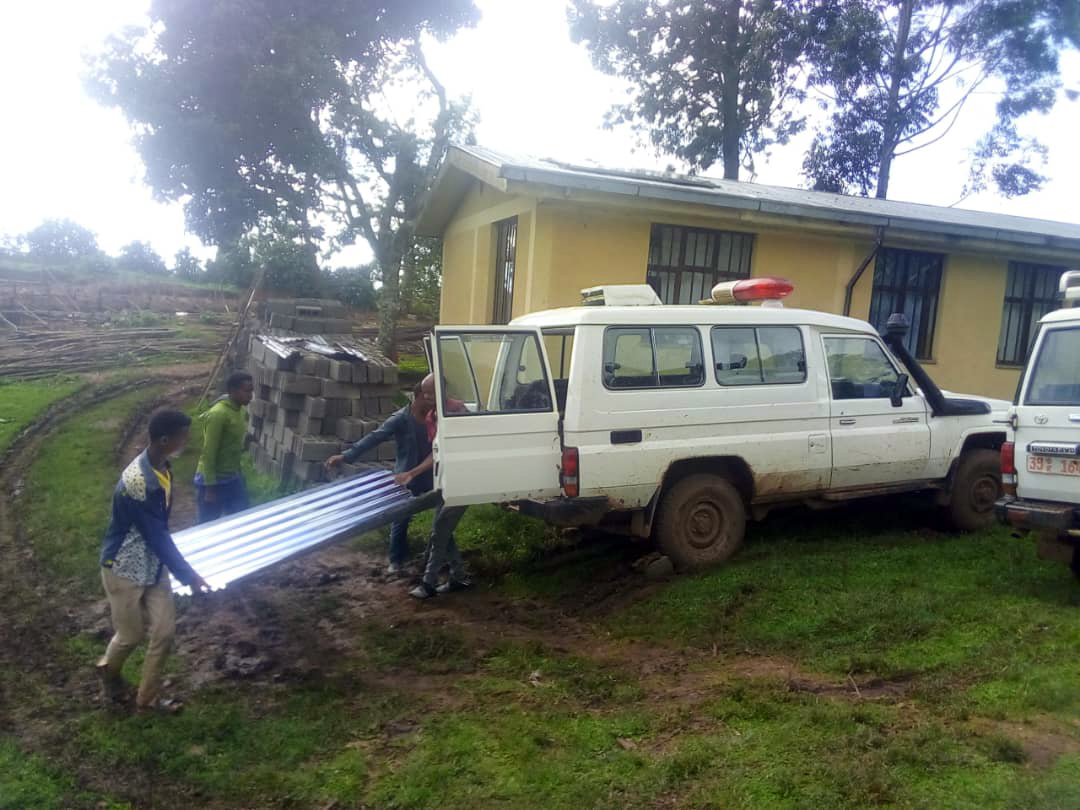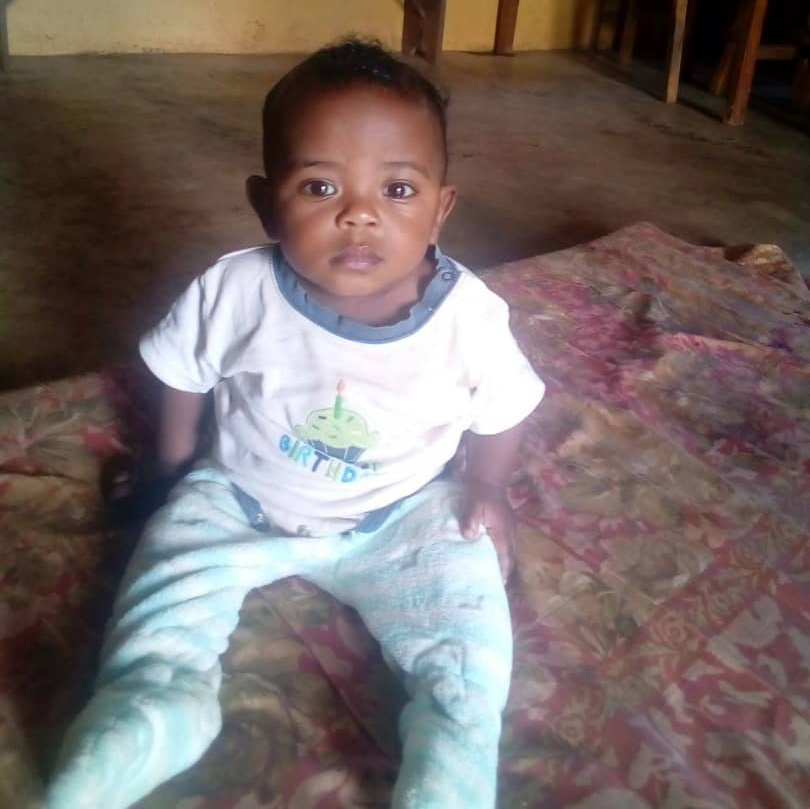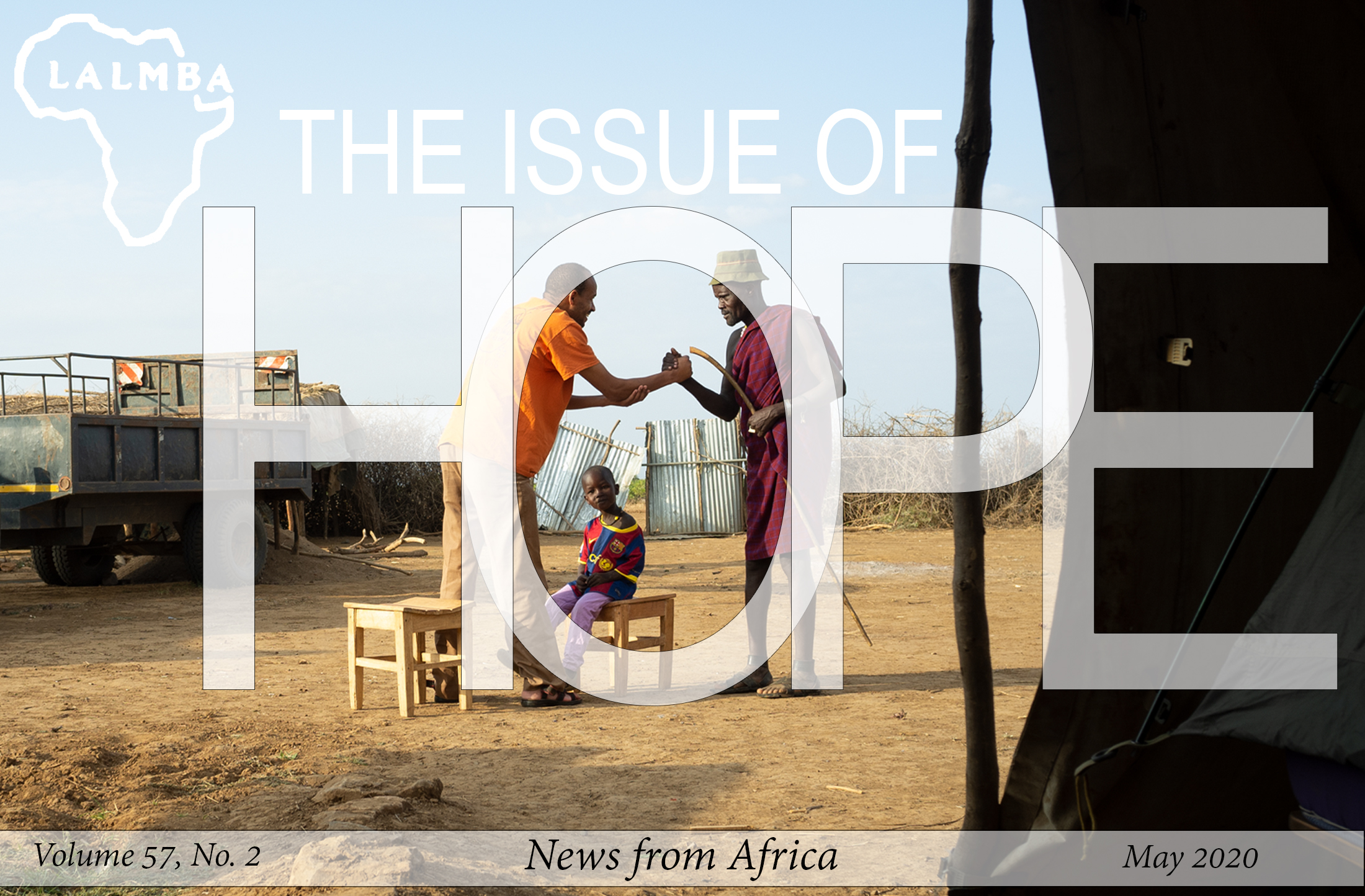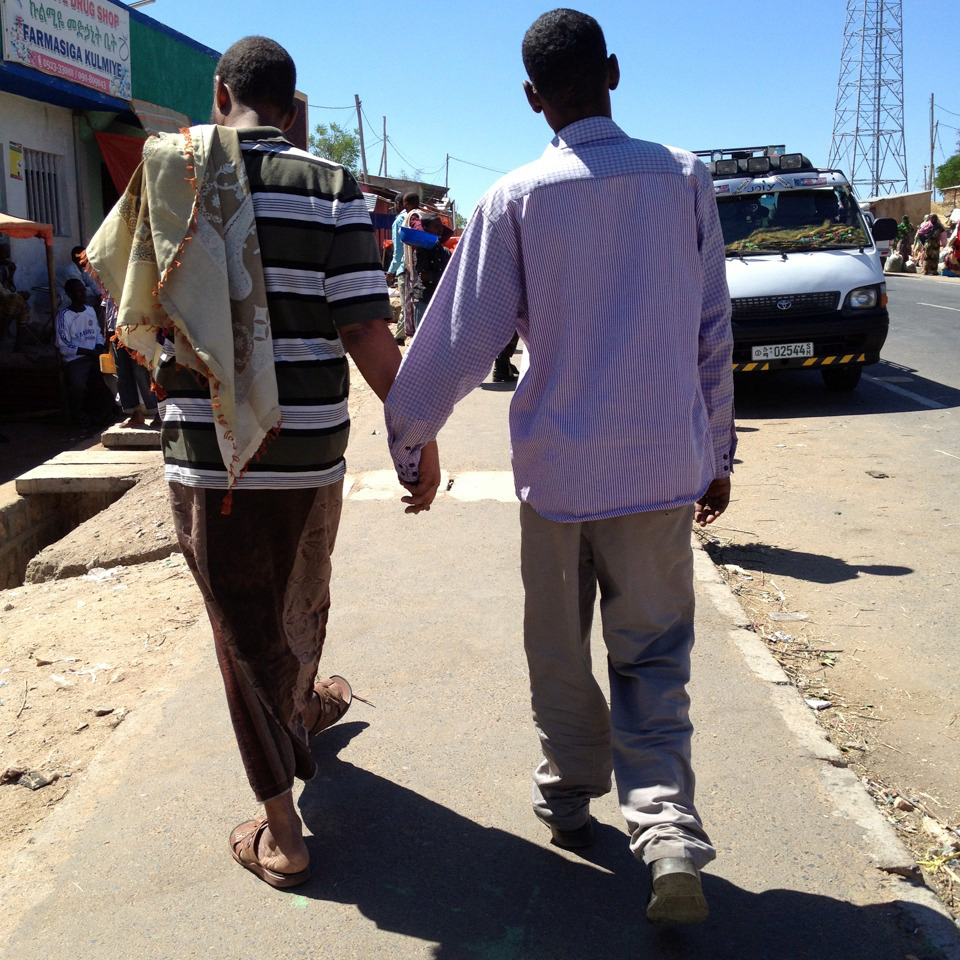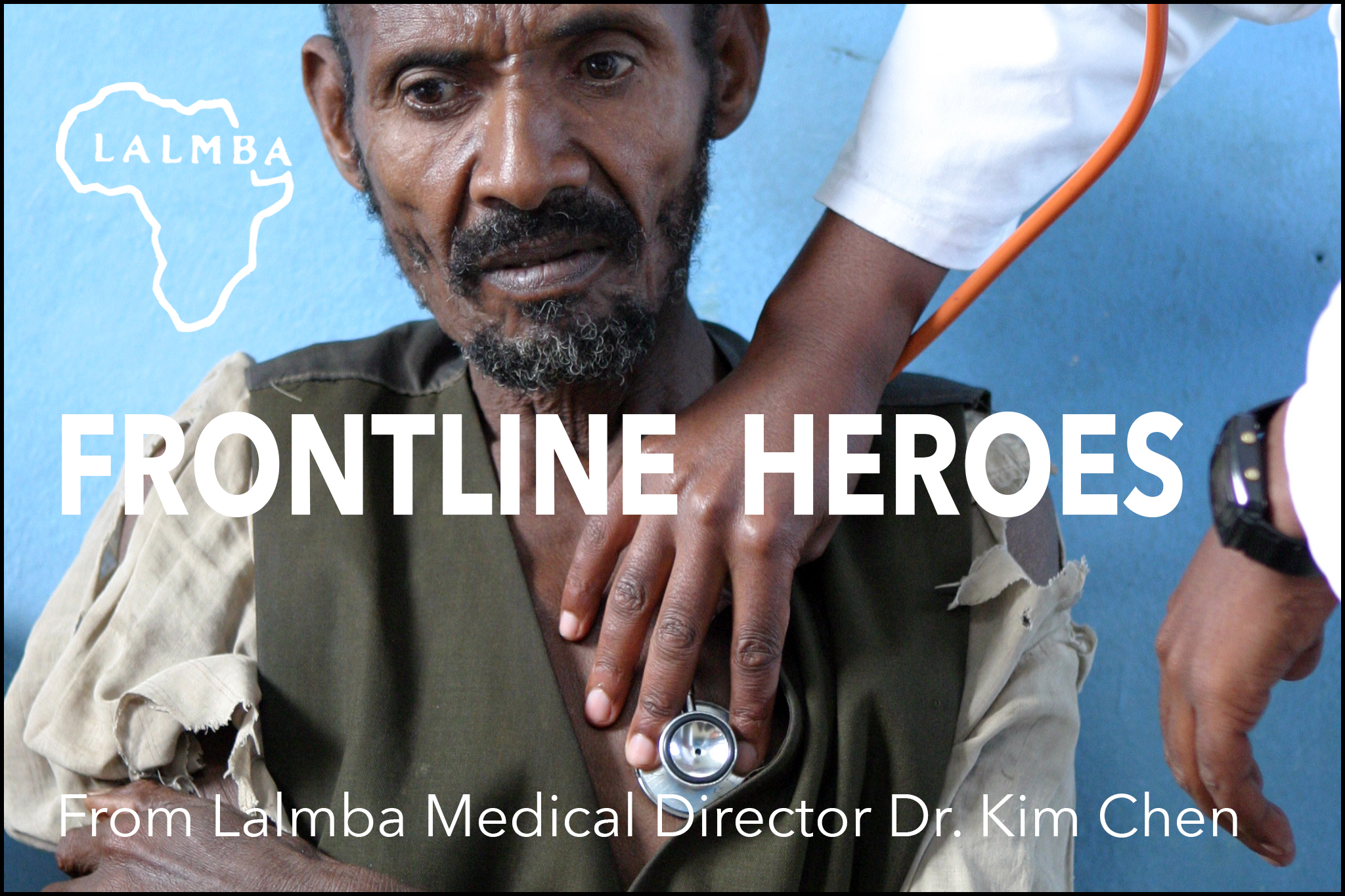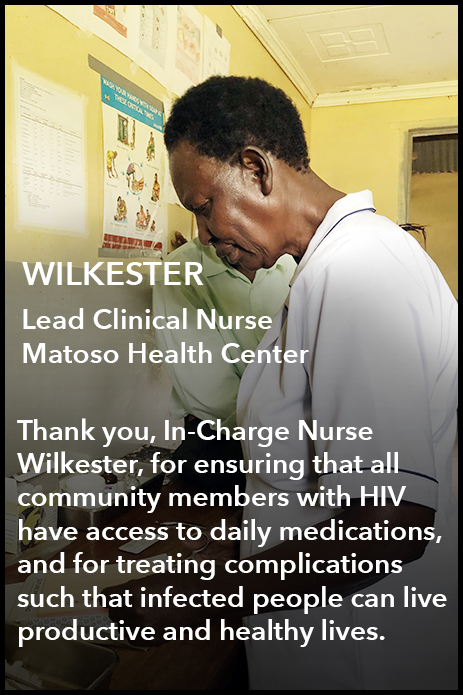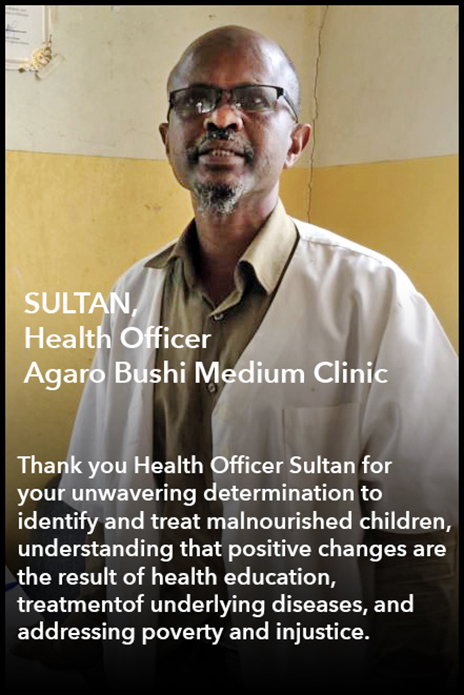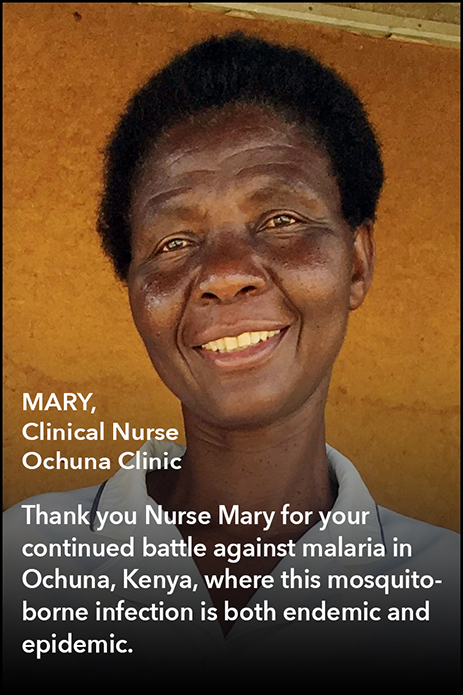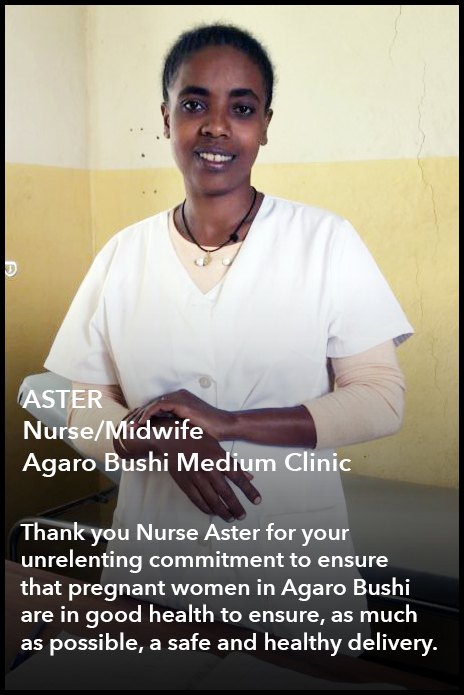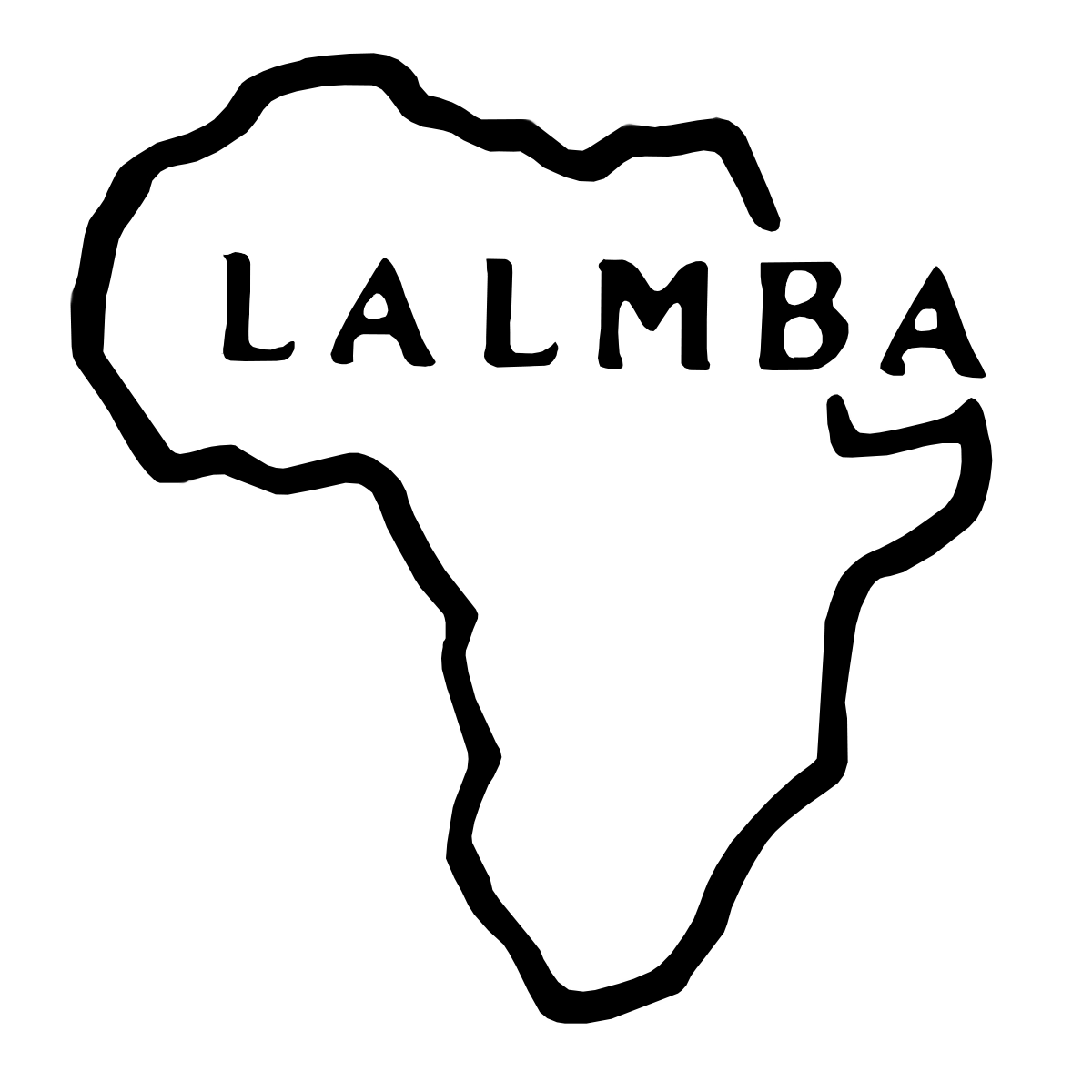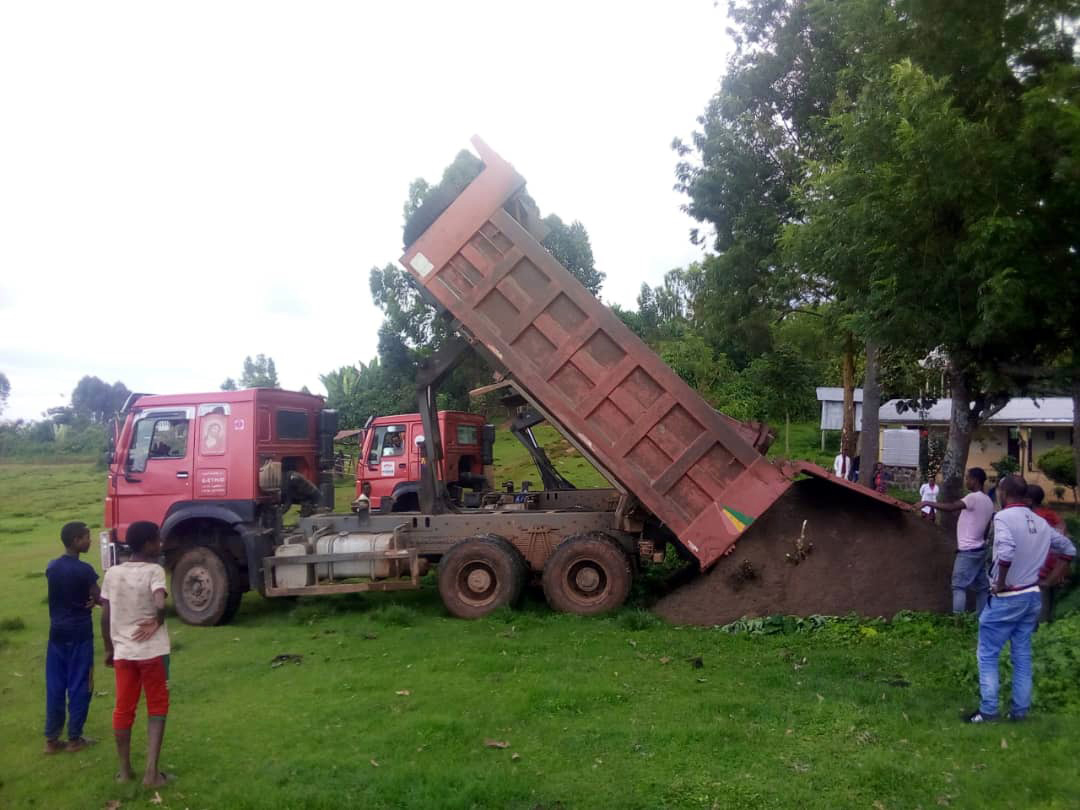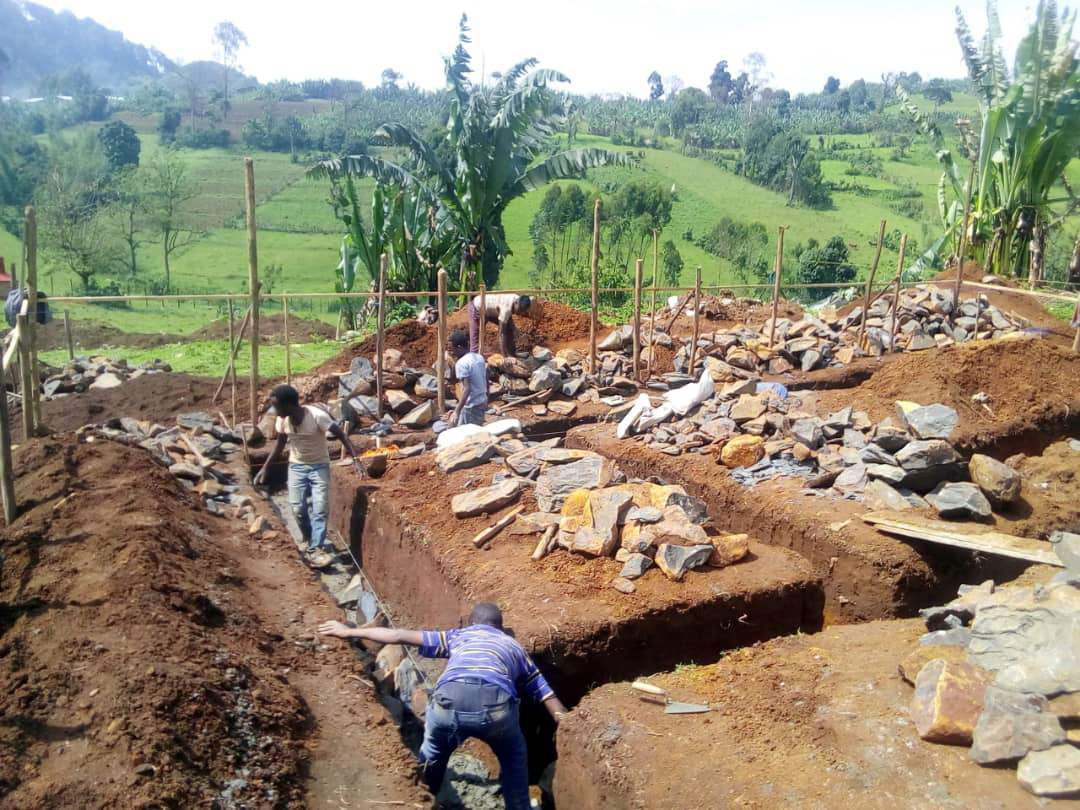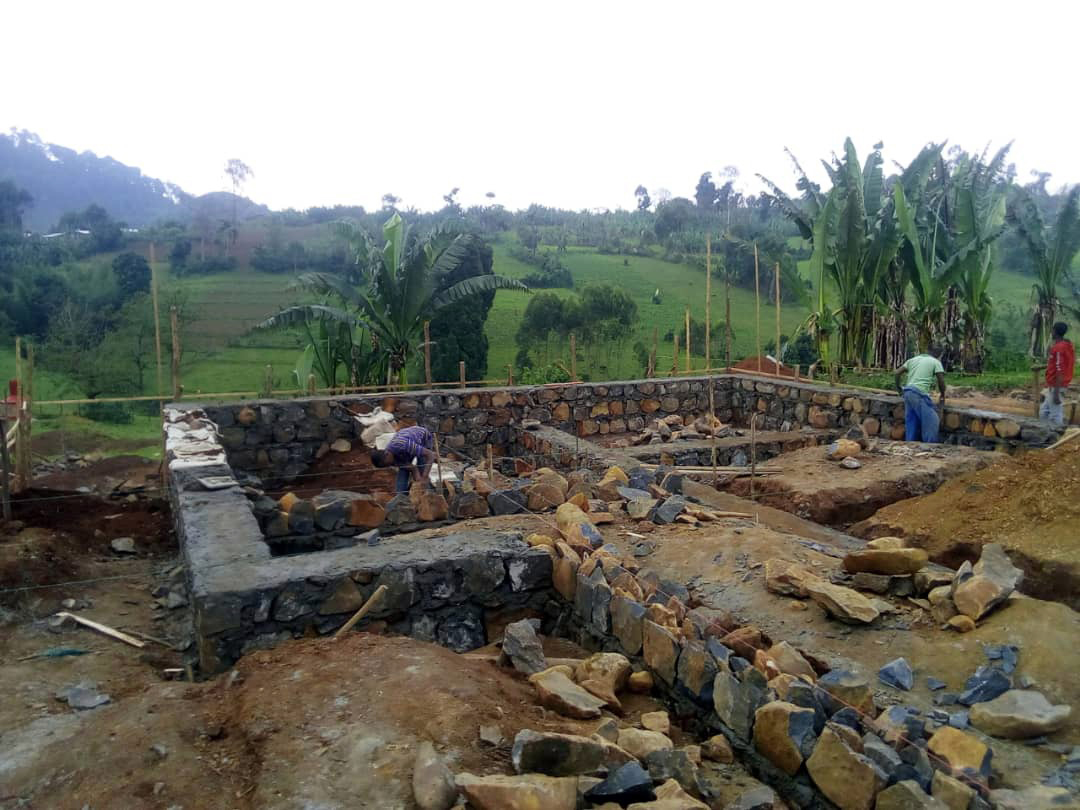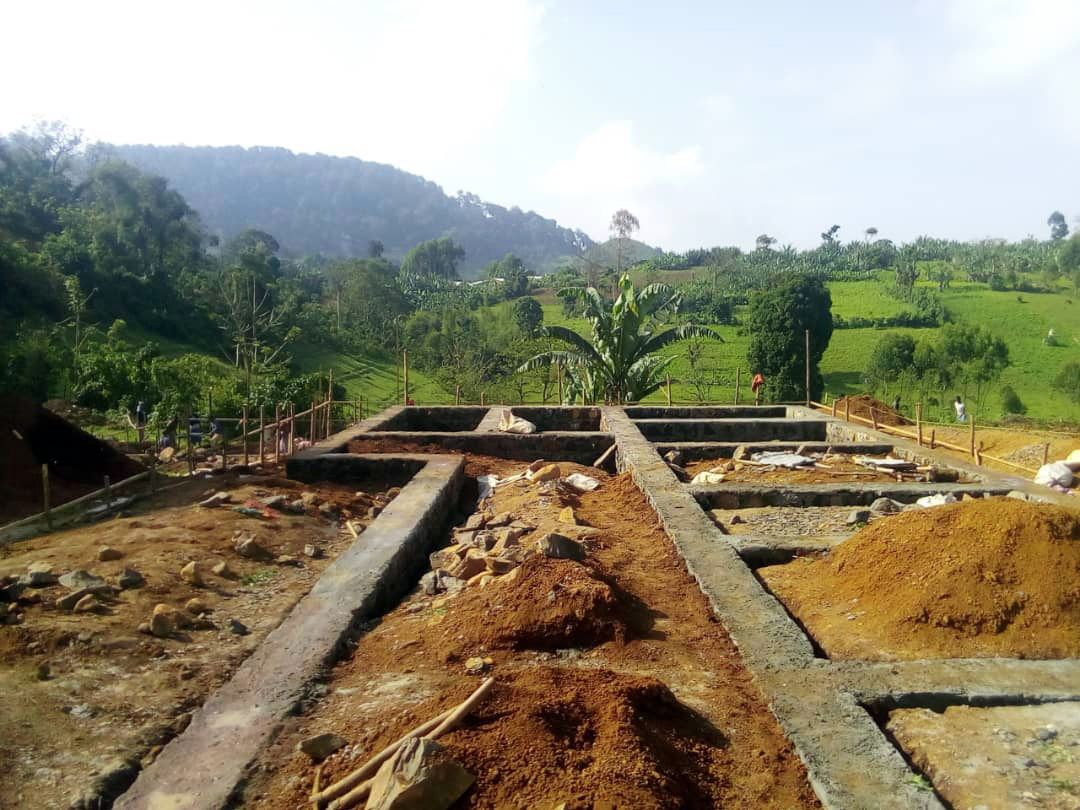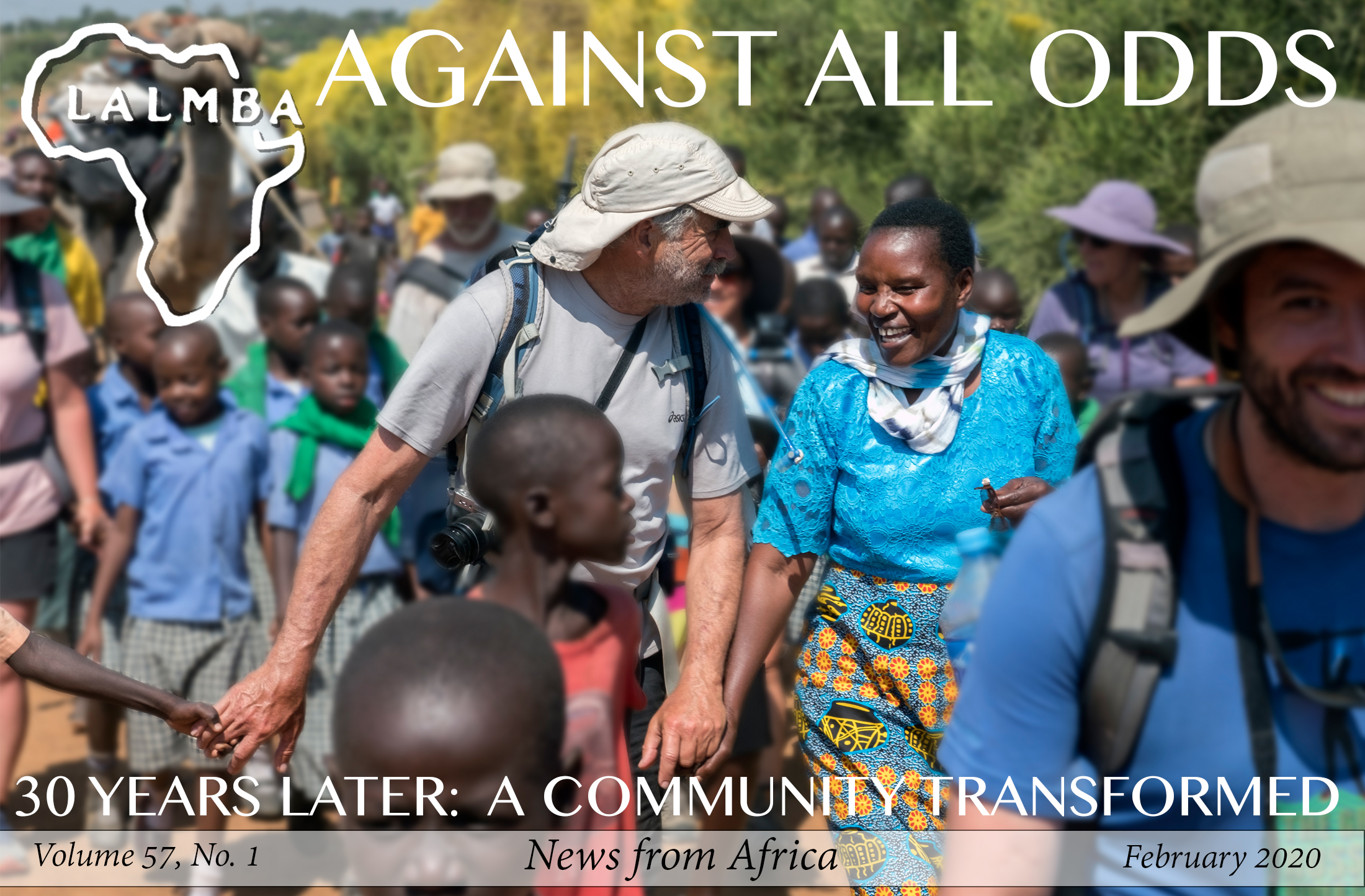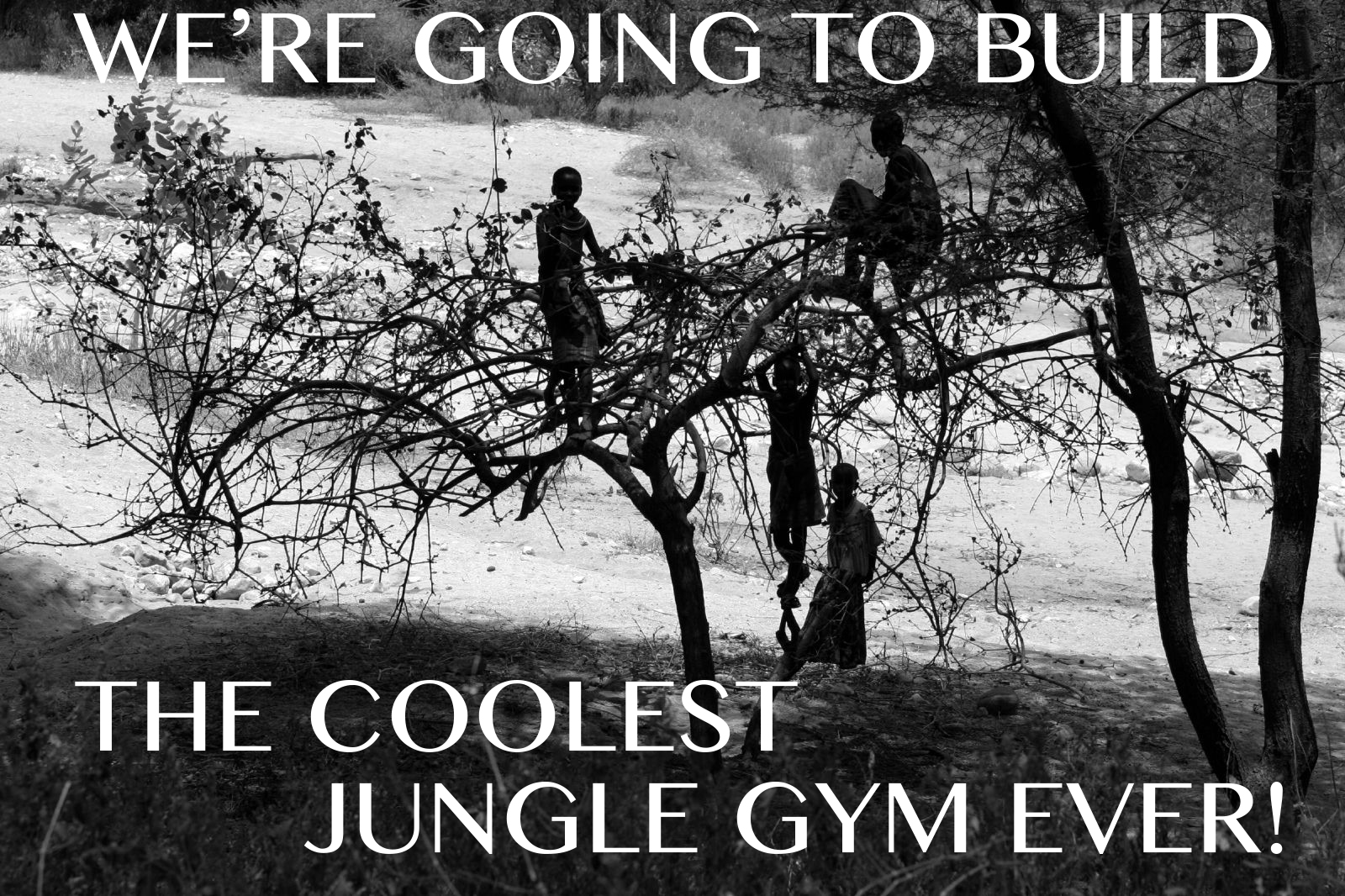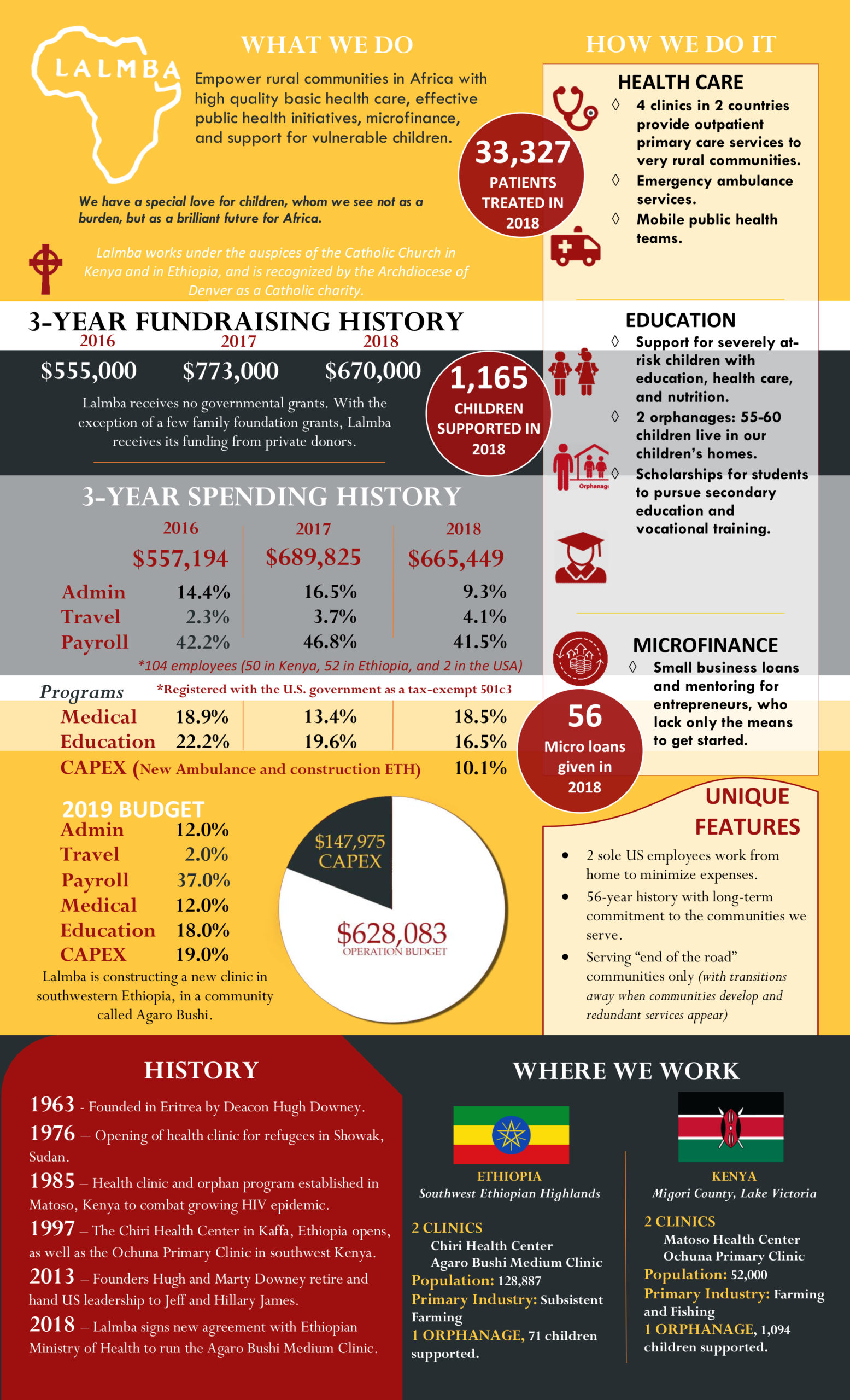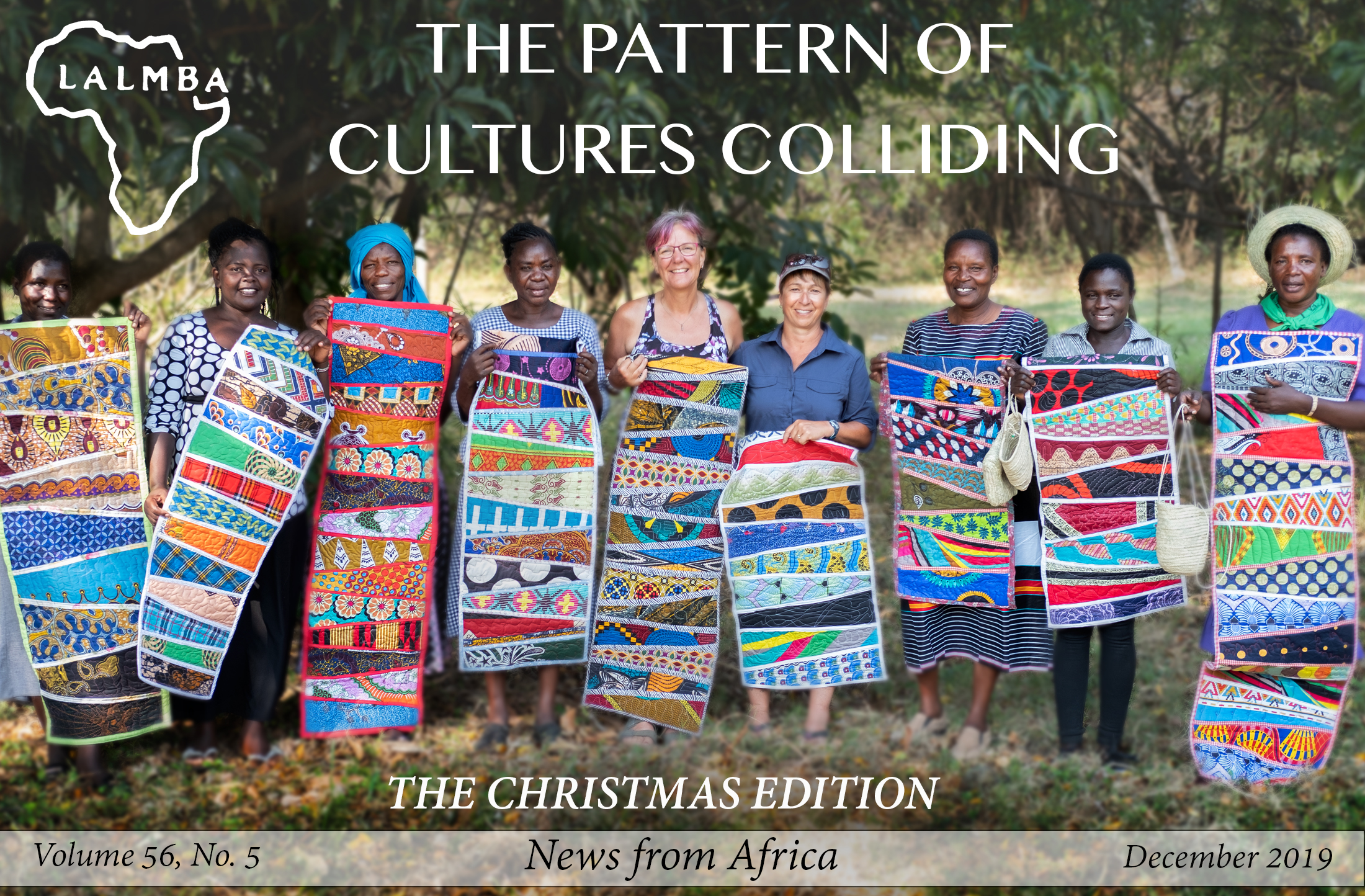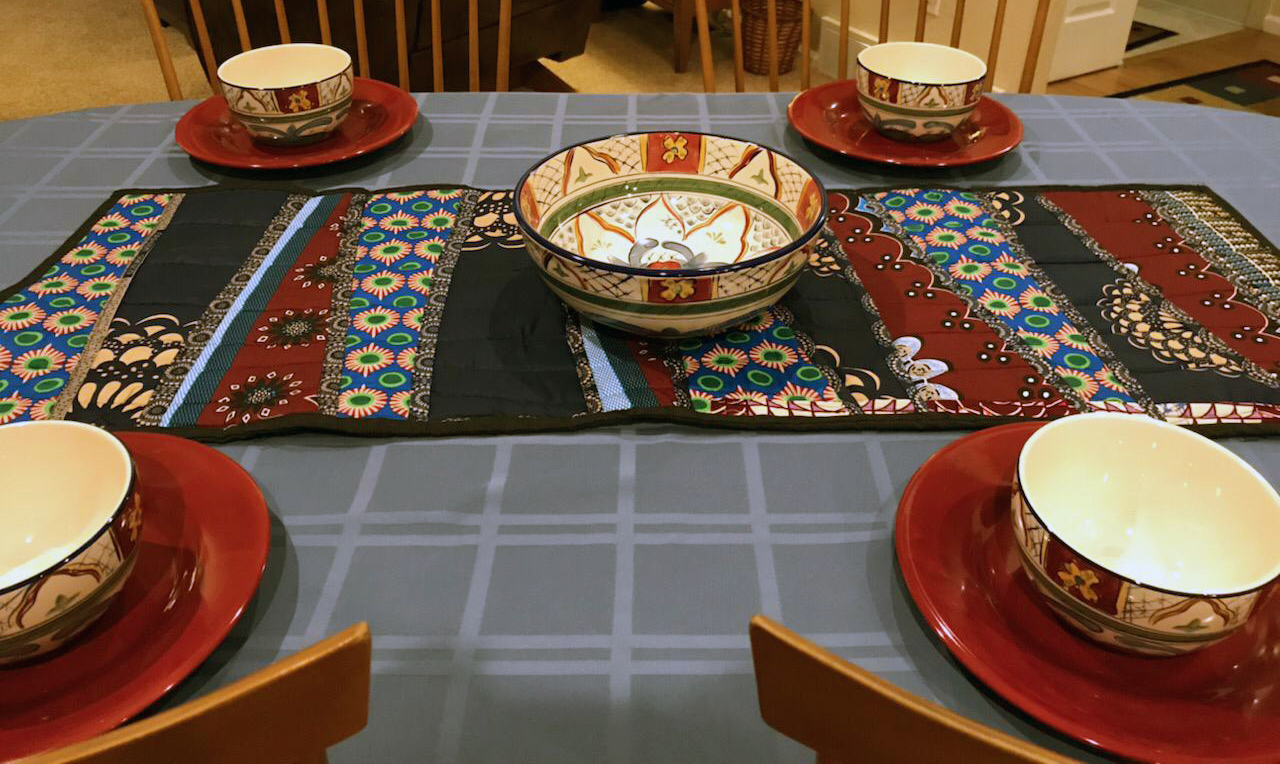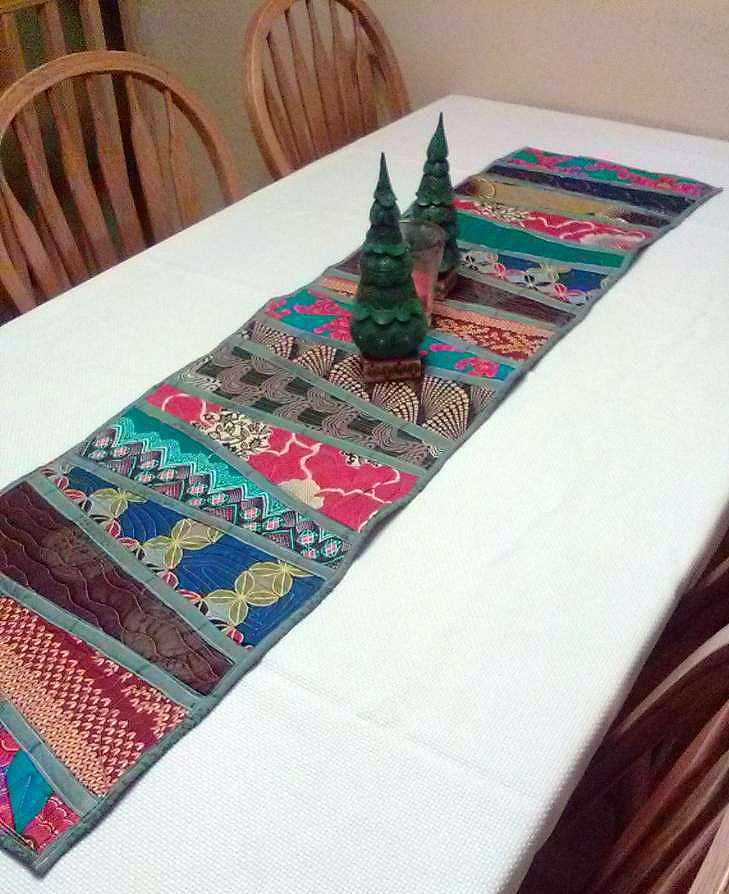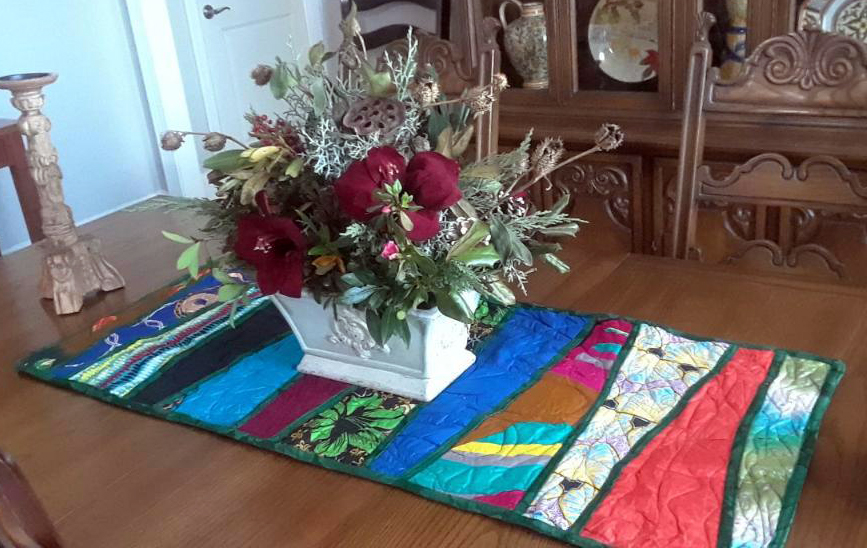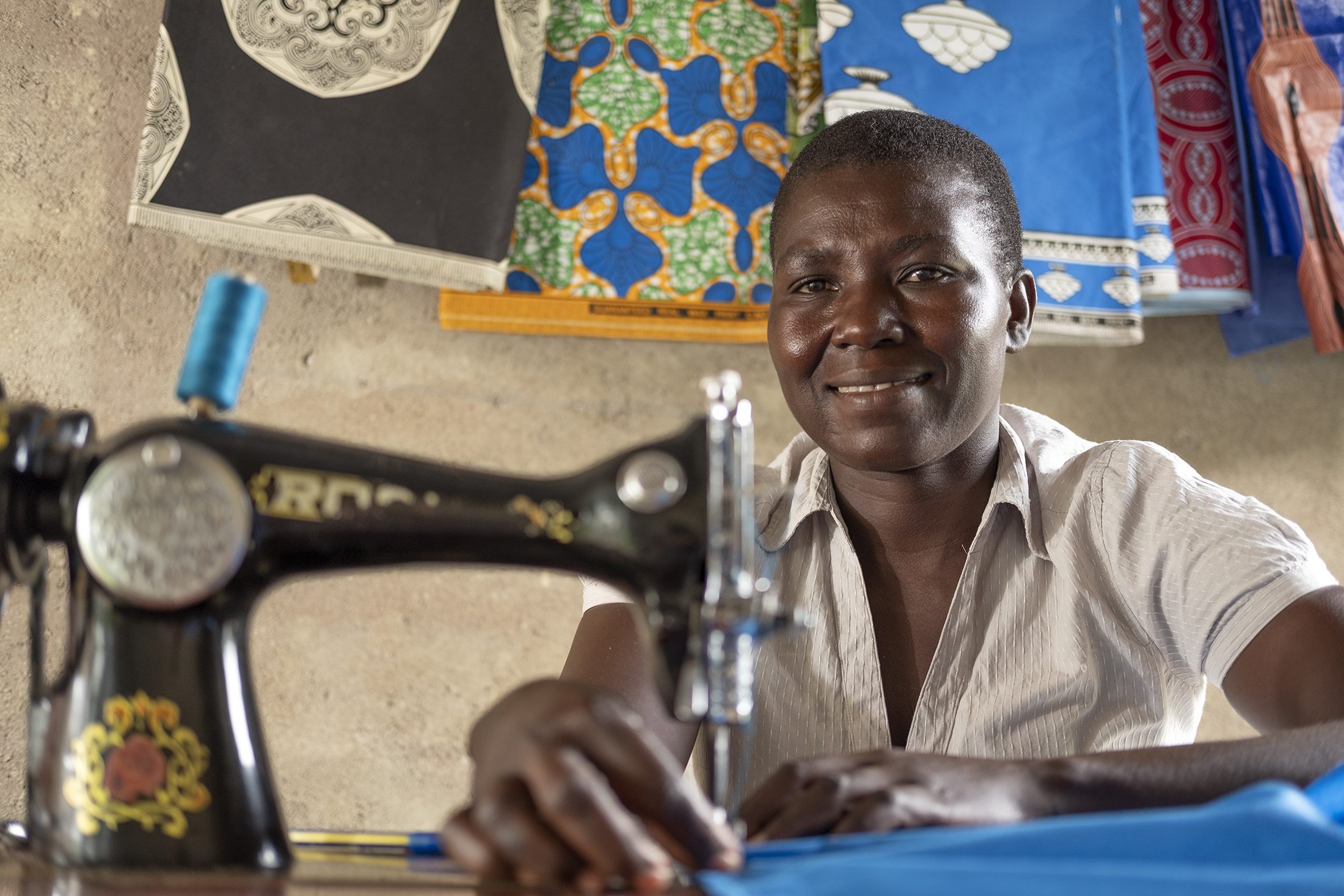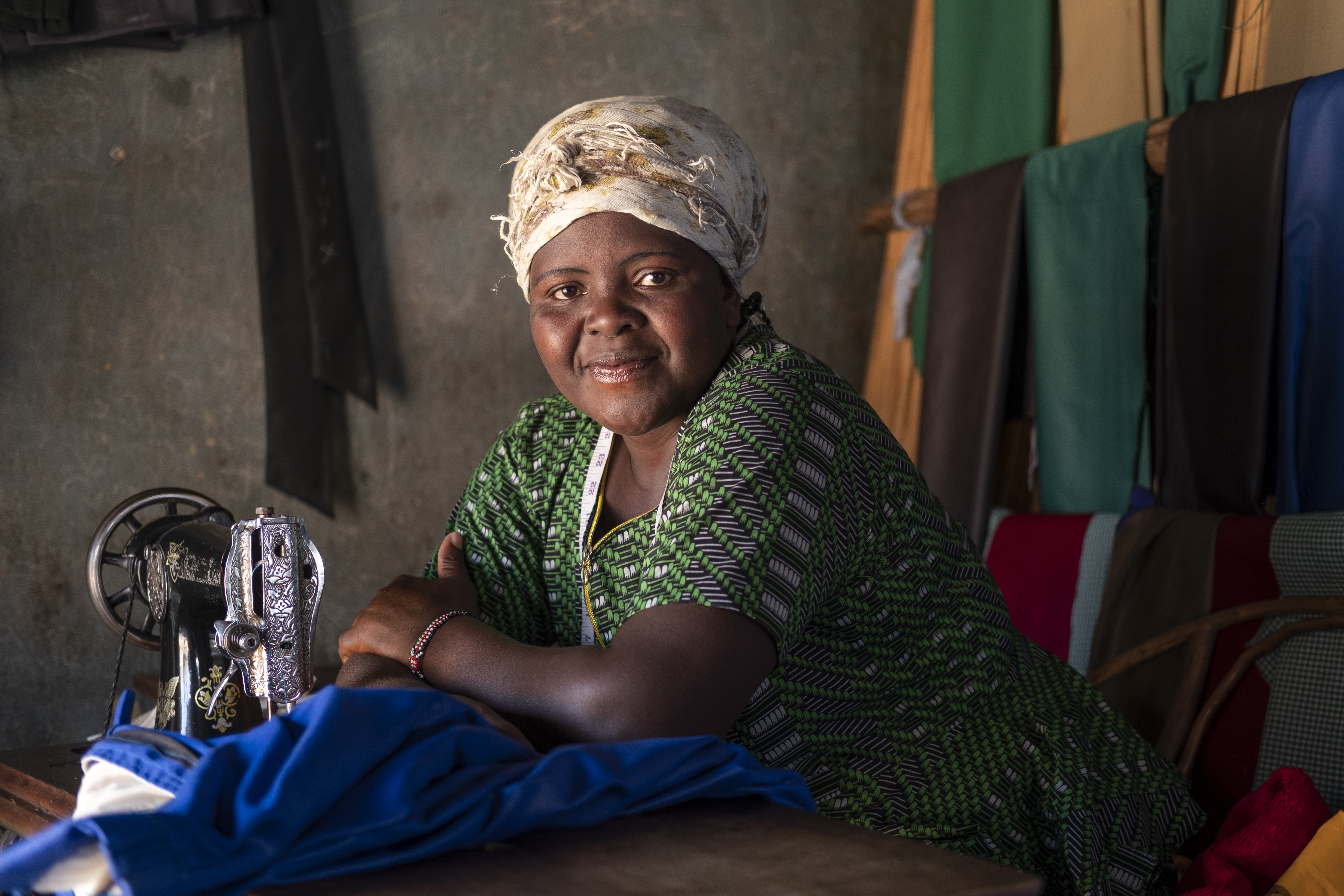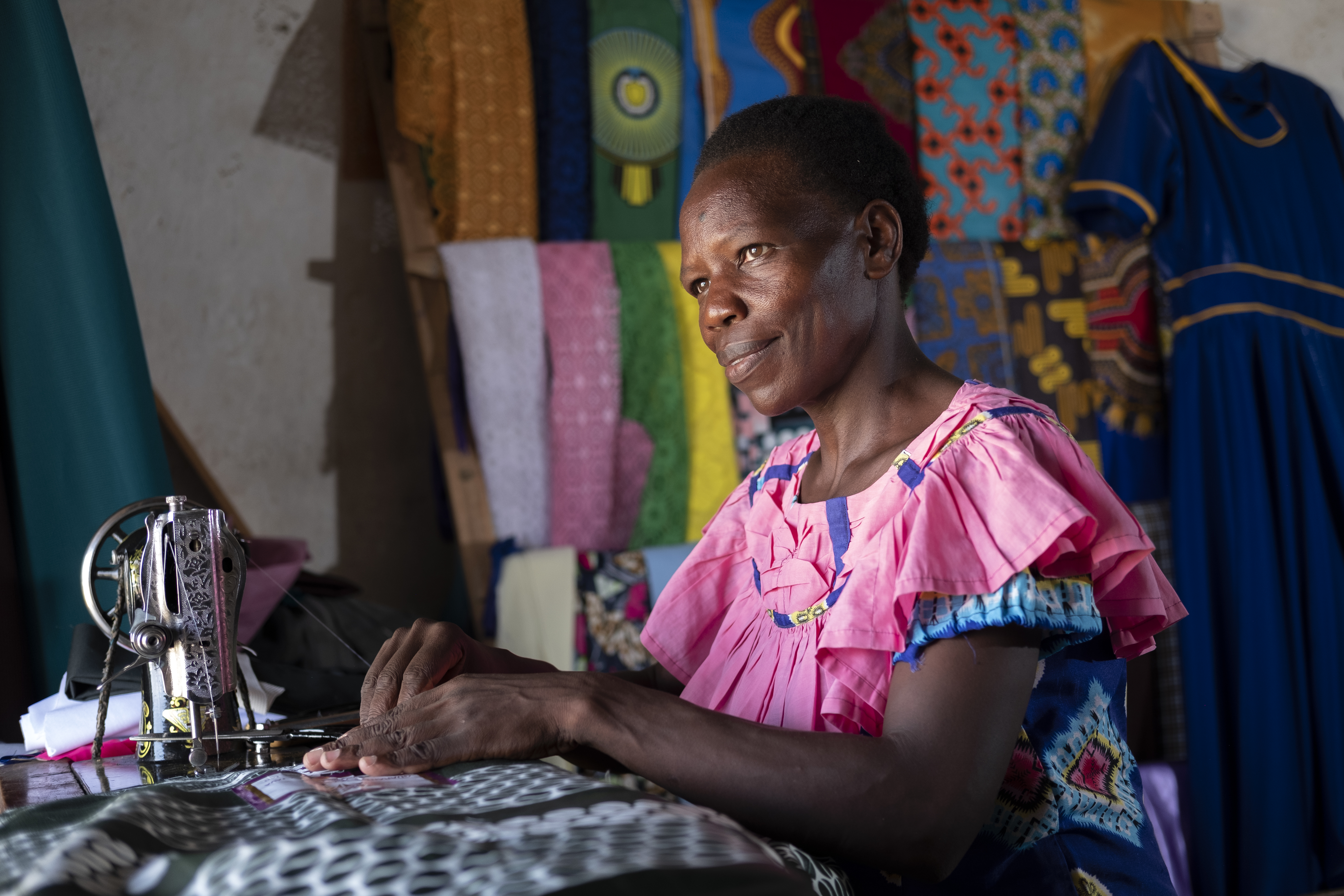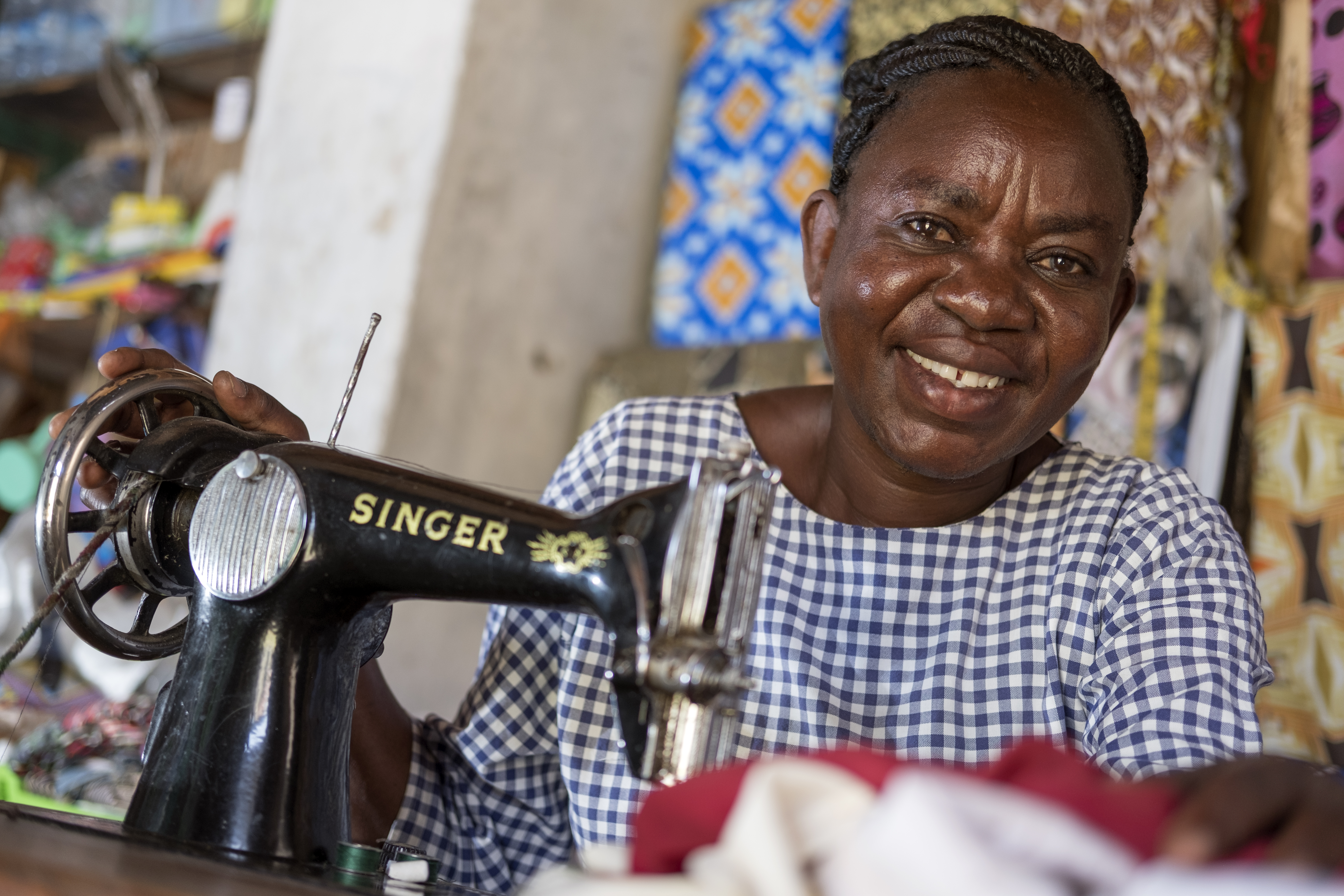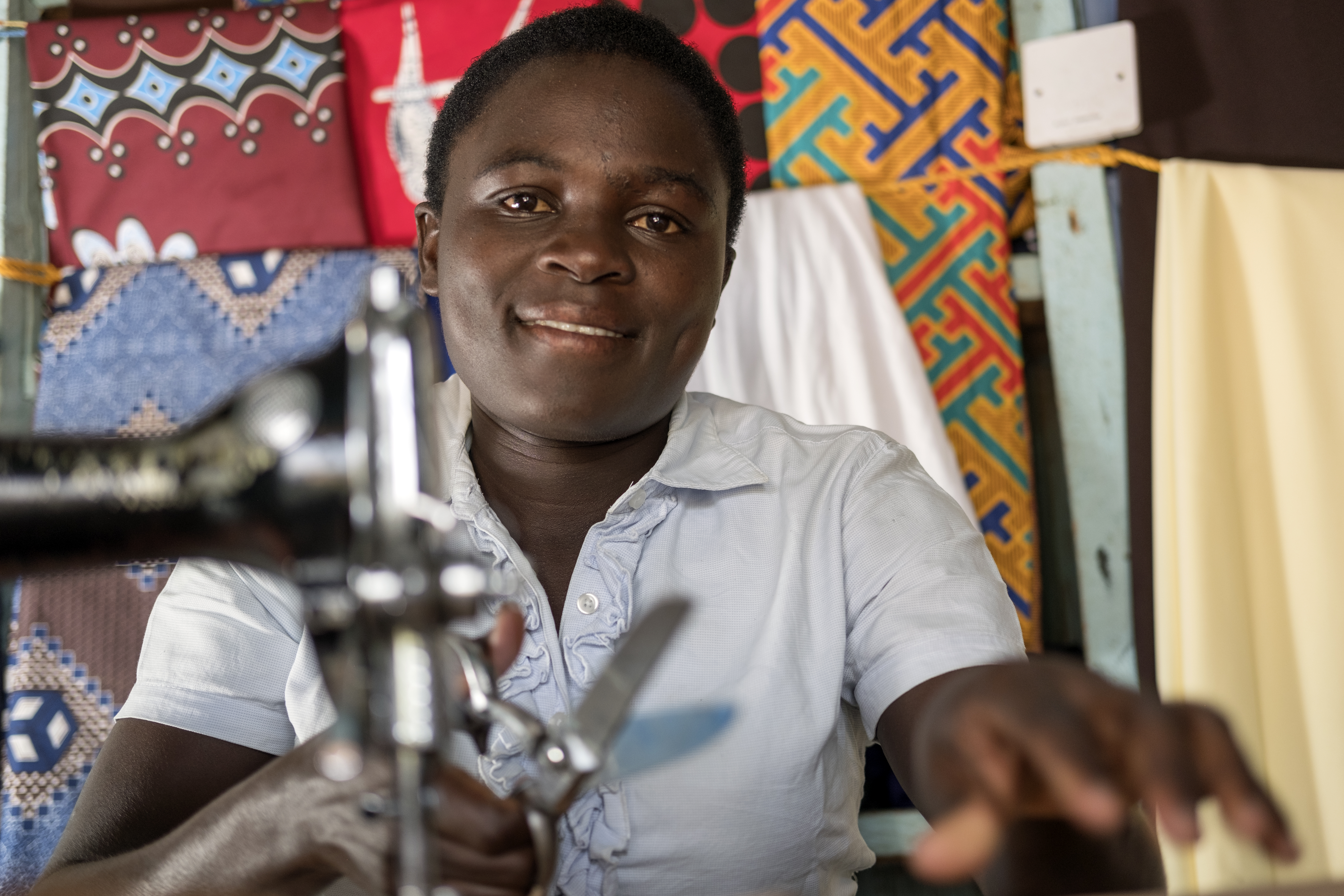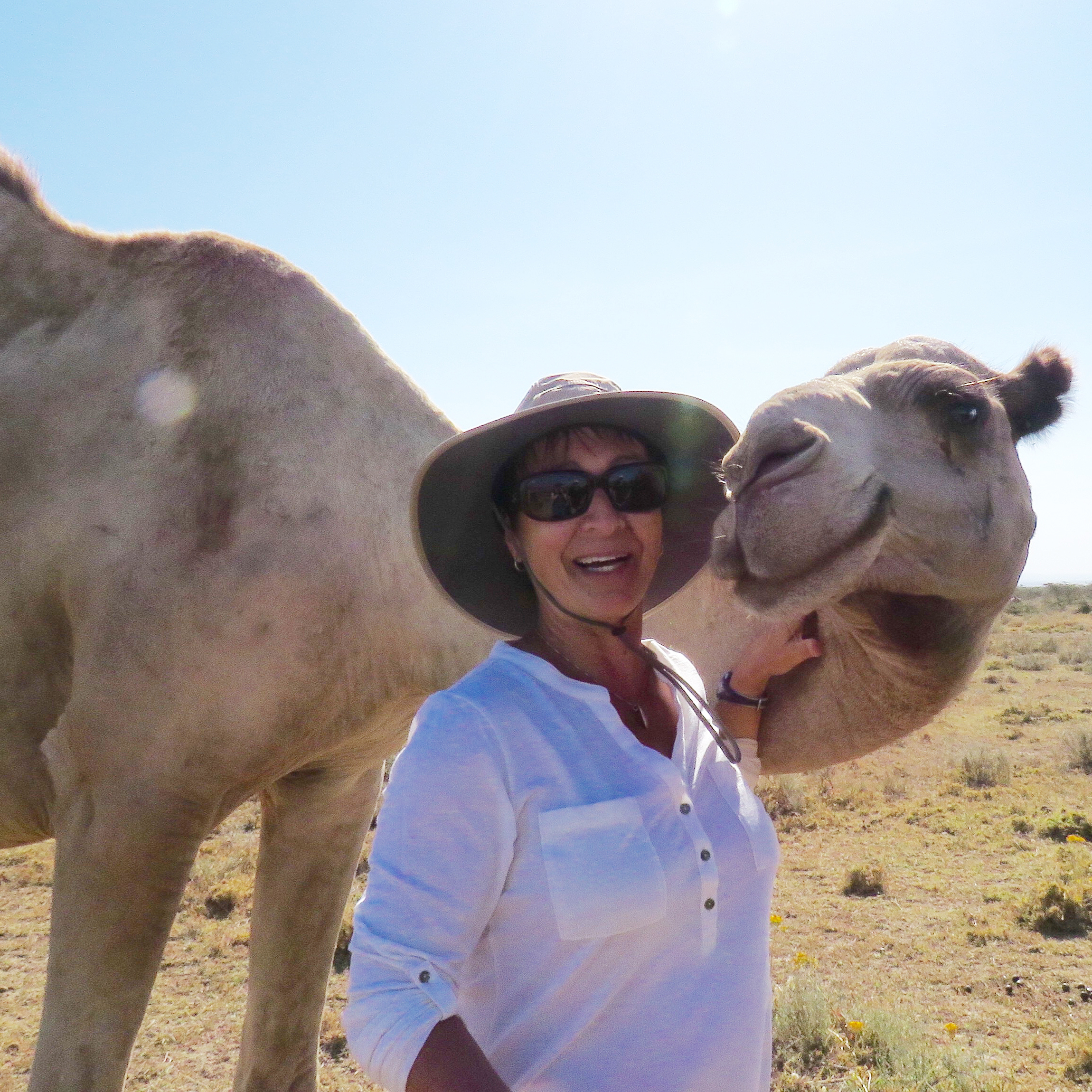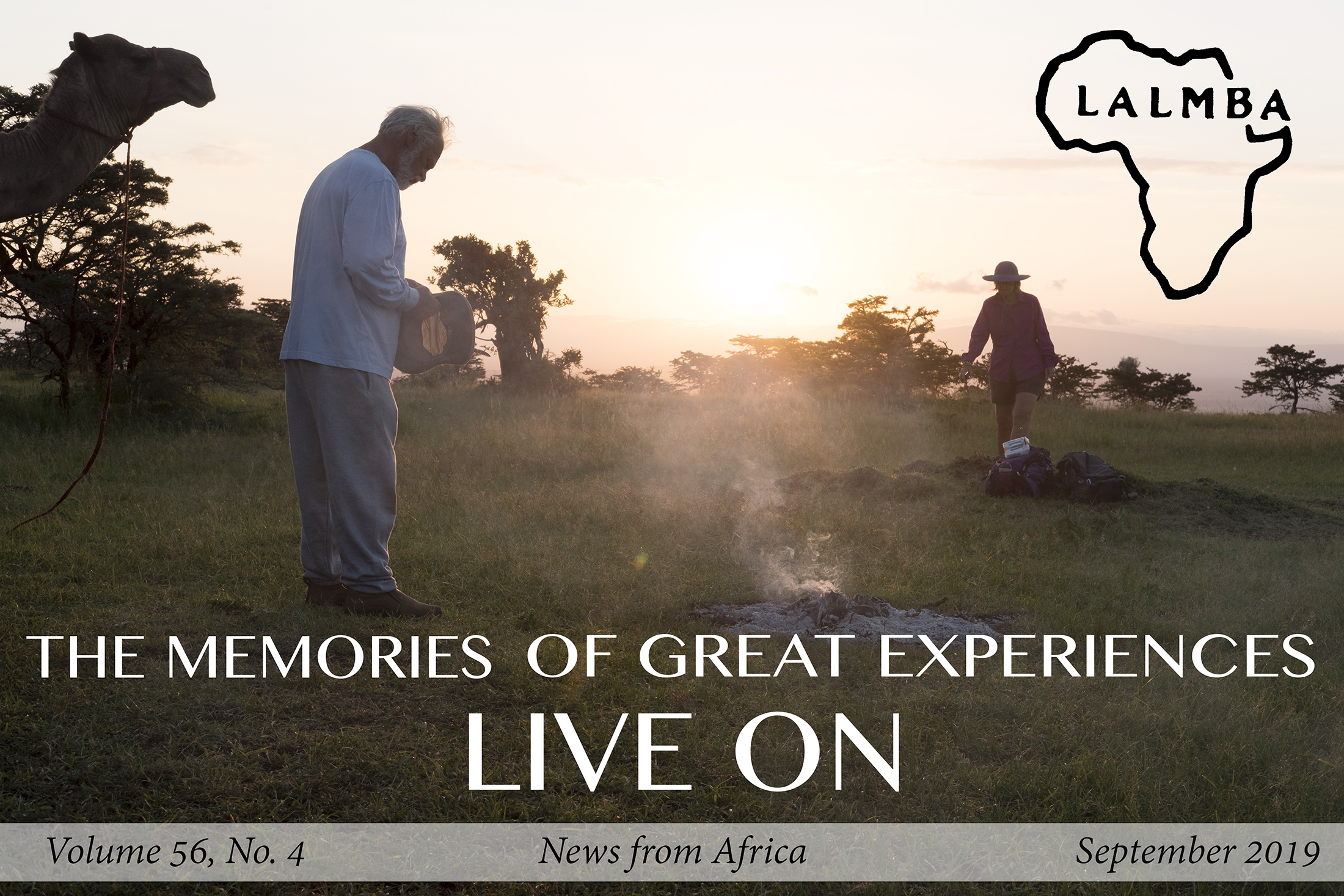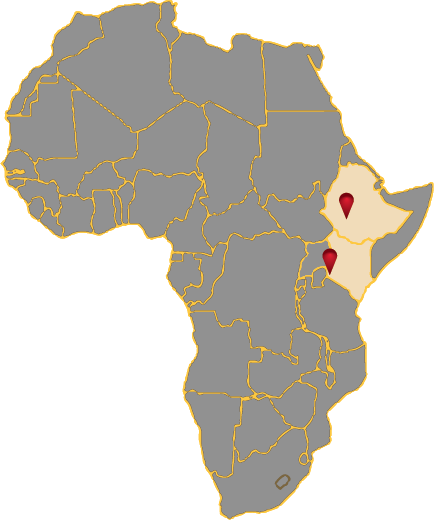Do you remember the story of Ashenafi and Samson, the 2 orphan brothers living alone in the forest around Agaro Bushi? Ashenafi (far right in the photo above) stands in front of his hut, with his brother Samson directly behind him, along with curious neighbors, when Lalmba first arrived to assess their needs.
Little Ashenafi had fallen severely ill, and Samson, fearing for his brother’s life, carried him the 3 hours’ walk to our clinic. A year later, much has changed for these 2. For starters, Ashenafi has been cured of the tuberculosis that made him so sick. Secondly, he is now officially part of the Lalmba family, living with 14 brothers and sisters in the Chiri Children’s Home, and enrolled to start school this summer.
Please see Jared’s updates, and please keep them in your prayers. As we all know, transitions can be difficult, but success is within reach, and Lalmba specializes in hope for children like Ashenafi.
Forest Dreams
By Jared Lollar, Lalmba Ethiopia Project Director
Ashenafi is young and adaptable and has integrated quickly into life at the children’s home. He will learn how to speak Amharic and read. He will make friends in school, when Covid finally passes. He feels more comfortable now in the ‘big city,’ Chiri. Ashenafi has the support of Aselefech (Lalmba Children’s Director) and his new brothers and sisters in the children’s home. Here he is on a recent morning after breakfast.
For Ashenafi’s 18 year-old brother, Samson, life is more difficult. He now has 2 small children of his own, both of whom have recently been patients at our clinic. His infant daughter is still struggling with malnutrition, only slowly making progress. A chronic problem for their little family has been their living conditions. Samson has recently begun building a new home with some money he made cutting and hauling timber for our clinic construction project. This is a good step, but it will be a long road for him. Unlike Ashenafi, Samson never had a chance to go to school to learn how to read. He never had mentors to guide him. He is part of an ethnic minority that faces discrimination in Kaffa. He doesn’t speak the national language, Amharic, which severely limits his upward mobility.
I remember at 18, I was not very good at long-term decision making, but I had strong mentors and parents to guide me. Samson and his wife have had no such benefit, and are now trying to figure out how to raise kids of their own. What we can do for Samson is limited only by the initiative he is willing to take in his own life. Samson’s situation is common in the rural areas around Agaro Bushi.
We will continue to assist Samson with work opportunities as we have them available. We will also ensure that Ashenafi doesn’t lose his connection to his brother, the only family he’s ever known. Ashenafi now transitions from subsistent forest life to a life where the idea of “opportunity” has real meaning. The sky is the limit! It will take him some time to truly understand that, but his support is solid, and his feet are well adapted to travel the steep and slippery hill of success.
The newest little brother in the children’s home is 7 months old now. His name is Yegerem, which means, according to my own rough translation, “the amazing.” We first encountered Yegerem the day he was born, not long after he came into this world. Atinafu (the clinic manager), Aselefech (children’s director), and I were riding in the car together when a man ran out onto the road with newborn Yegerem wrapped in a banana leaf. The man told us he had found Yegerem close to one of the forest paths, just off the road, with his umbilical cord still attached. Yegerem barely moved, wrapped in his leaf. We rushed Yegerem to the hospital, where Atinafu and Aselefech had to do some diplomatic shouting to ensure that Yegerem was seen by physicians. Child custody and liability laws in Ethiopia are different from what they are in the US; there are no governmental organizations in rural areas to step in.
The work Aselefech does for the children in our program is never simple: tracking down guardians, coordinating and motivating the local government to implement the policies they have, trying to get all the parties involved to problem solve cases together. Yegerem’s early days were complicated, but now that he is with us, we are happy to have him as part of the family.
He’s growing into a very active little baby and keeps his 14 brothers and sisters in the children’s home busy.
He’s become a sort of escape artist, a wind-up energizer baby — you set him down and he bolts, crawling for the door. It amazes me that the infant we first saw wrapped in a banana leaf and barely alive 7 months ago has grown so healthy and energetic.
Thank you to all of you who, by supporting Lalmba, have made Yegerem’s survival possible.

